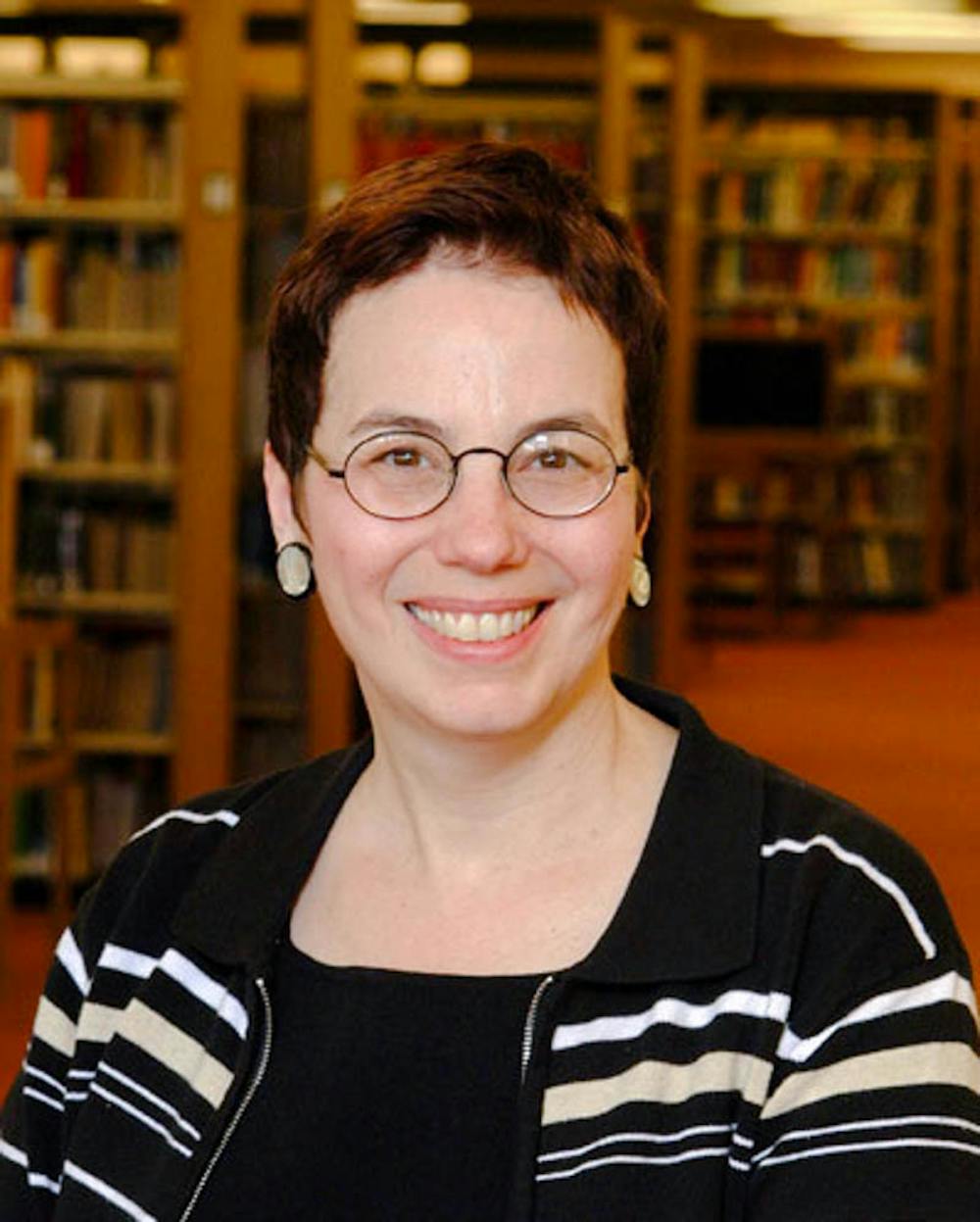University library paraprofessionals in the United Service and Allied Workers of Rhode Island labor union are currently negotiating a new contract with the University to improve health care, promotional opportunities and possibly include more library paraprofessionals in the union. The University’s employment contracts for library paraprofessionals typically last for three years, and the previous contract expired September 2017.
Library paraprofessionals intend to focus on “more access to prescriptions in their health care plan and better promotional opportunities,” in their negotiations, according to an email sent by representatives for the librarians to various student groups.
Some library paraprofessionals hope the contract will create a new job classification for the union that recognizes the digital technology skills library paraprofessionals have learned as “library work changes so rapidly,” said Timothy Engels ’92, a union secretary and senior library specialist at the John Hay Library. The current highest job classification of “Senior Library Specialist” does not fully encompass the work of those librarians, he added.
Workers also seek assurance that the health care plan will cover any medical prescriptions they require. The University cannot currently guarantee this as health insurance companies can change the list of covered drugs in an insurance plan “at will,” Engels said. When private health care companies add and remove approved drugs on a month-by-month basis, University workers are generally left in the dark about their coverage, he added.
The contract seeks a “straightforward appeals process” rather than a “non-exclusionary drug plan,” said USAW Business Agent Karen McAninch.
The University’s negotiation team is composed of human resources staff. Representatives of the University declined to comment on the negotiations, referring to a statement given by University Librarian Harriette Hemmasi. The University is committed to a contract “that strengthens professional relationships among staff, across various roles and departments within the Library and between management and staff,” Hemmasi wrote in an email to The Herald.
“Our focus remains on productive conversations directly with union representatives,” wrote Director of News and Editorial Development Brian Clark.
Engels said the University is pushing back on a few proposals that the union has offered, including the request for more professional development.
The University is most strongly countering the proposal to offer optional union membership to “librarians and programmers who are not managers and do not do work that involves issues of confidential nature” and who are not currently affiliated with the USAW union, Engels said. Under a union, employees feel more comfortable offering solutions to issues in the libraries’ functions, and library culture would benefit greatly if programmers and librarians felt that same comfort, he added.
The University believes that “a majority of the non-union library staff would not vote for the union in an election,” but the proposed provision to opt into the union would “avoid an all-or-nothing decision, which would be less adversarial,” McAninch said.
A librarian who is a not member of the union did not feel informed enough to comment on the proposal. Other librarians approached by The Herald declined to comment.
The union representatives are optimistic about the prospect of their new contract, and negotiations allow “the University and union to work together to stabilize employment, increase promotional opportunities and improve sense of community among library staff,” Engels said. Proposals in this cycle’s contract are fewer than in previous negotiations, which provides for a more concentrated focus on each individual issue, he added.
The negotiation team does not have an official target date for the finalization of the contract, Engels said.
Correction: A previous version of this article stated that the contract negotiations are between the unionized librarians and the University. In fact, the negotiations are between unionized library paraprofessionals and the University. The Herald regrets the error.





